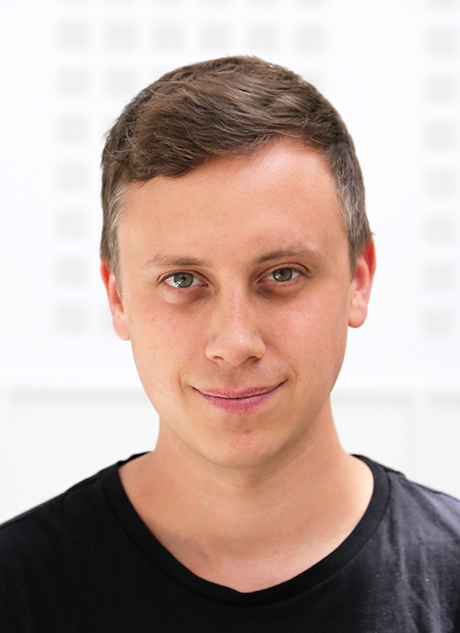- Home
- News and events
- Find news
- Telework, acceptance and practice - Erik Elldérs project has been granted funding
Telework, acceptance and practice - Erik Elldérs project has been granted funding
 Erik Elldér, researcher in Human Geography at the School of Business, Economics and Law, University of Gothenburg, has been granted funding for a new post-doc project, which intends to make an in-depth study of teleworking. The title of the project is "The changing acceptance and practice of telework. Analyzing the expansion of flexible work in Sweden 2005 – 2014".
Erik Elldér, researcher in Human Geography at the School of Business, Economics and Law, University of Gothenburg, has been granted funding for a new post-doc project, which intends to make an in-depth study of teleworking. The title of the project is "The changing acceptance and practice of telework. Analyzing the expansion of flexible work in Sweden 2005 – 2014".
Erik got his doctoral degree in January 2016, after having defended his dissertation, entitled "The changing role and importance of the built environment for daily travel in Sweden." The Post-doc project is based on the same data used in the dissertation, and builds on previous studies by the research group Erik belongs to. Further down you can read a summary of the project.
The project is funded by Forte and runs for two years, starting from 1 January 2017. Forte's justification for granting the funding are, among other things, that Erik Elldér, in his dissertation, has shown that he is a skilled empirical researcher with a good ability to communicate his results in scientific journals. Also, he is active in a strong research environment with high international reputation.
The changing acceptance and practice of telework. Analyzing the expansion of flexible work in Sweden 2005 – 2014
Erik Ellder’s previous research focuses on individual mobility in time and space – how people with the help of travel integrate the stream of activities that make up everyday life. In the dissertation, he studied how the surrounding physical structure, the built environment, and various household-related conditions affect people's daily travel, commuting to work in particular, in Sweden. In spatial planning, high expectations are put to the role of dense and mixed cities in contributing to a sustainable everyday life and travel in social and environmental terms. Using data from national travel surveys combined with register data of the total population and work places, he analyzes how people's resources to bridge geographical distances – by transport and by using information and communication technologies (ICTs) – reduce the importance of proximity between home, workplace and other societal functions. This development has repercussions for many aspects of work-life balance and conflict. The fast diffusion of telework in recent times is a key factor for the observed increase of spatial flexibility in the relationship between work and everyday life.
The post-doc project further develops issues concerning the increasing spatial flexibility of paid work. The aim is to scrutinize the diffusion and acceptance of telework among different households, occupations and industries. Erik also details the analysis of telework practices: e.g., where telework takes place, how often, how long during the day, how dependent on ICT, and in different household contexts. Important to note is that telework (i.e. work done during scheduled work hours at other locations than the regular workplace) recently, after decades of stability, has increased rapidly among gainfully employed in Sweden, from almost 10% in 2006 to over 20% in 2012. Consequently, there are also theoretical reasons to reconsider the factors hitherto regarded as enabling or constraining telework acceptance and adoption.
Contact
Erik Elldér
Phone: +46 31 7861386
E-mail: erik.ellder@geography.gu.se